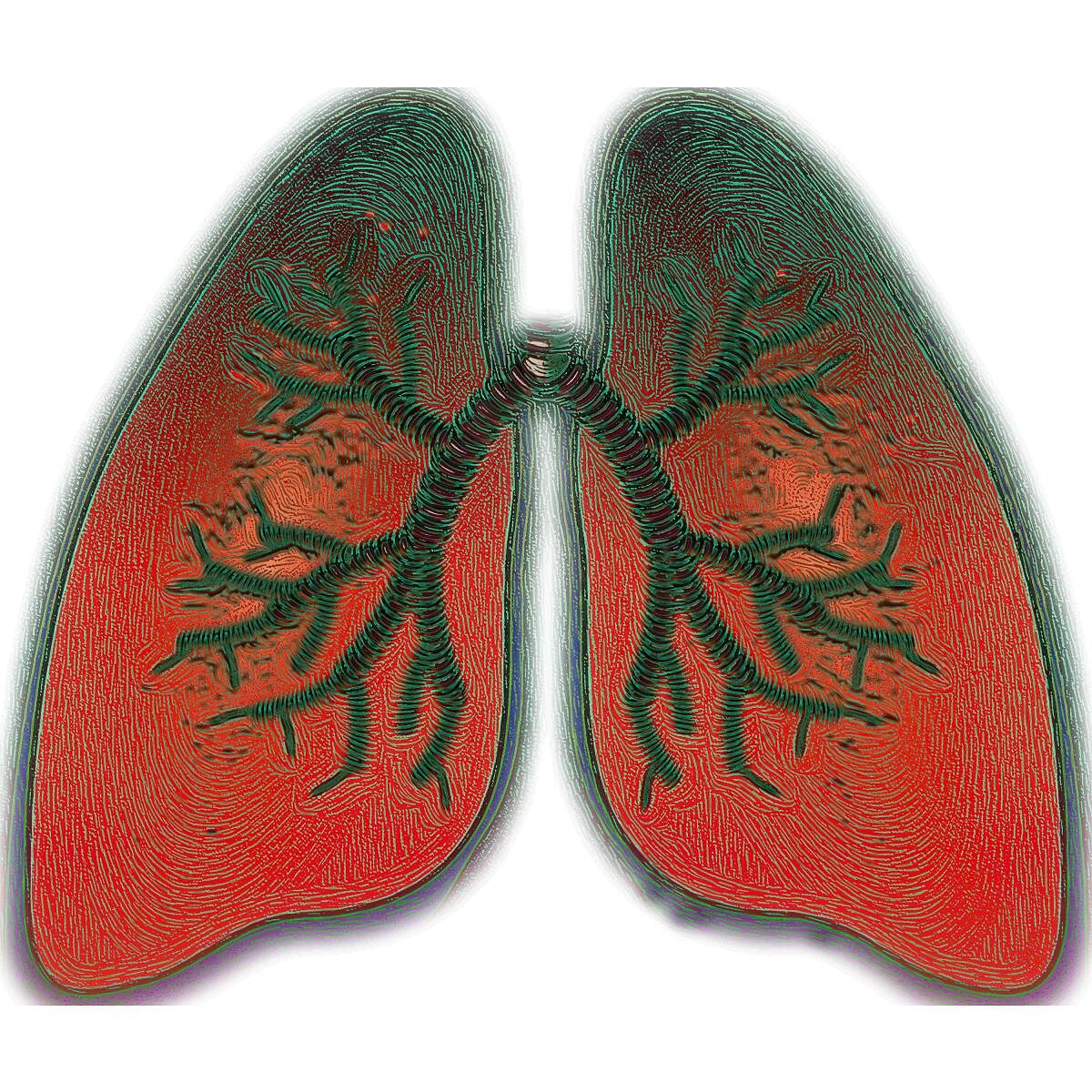
Asthma is a chronic respiratory disease characterised by inflammation and narrowing of the airways. Children are particularly vulnerable to asthma as their immune systems are still developing. In fact, nearly 80% of children experience symptoms during the first six years of their life. It impacts their ability to engage in day-to-day activities, causing frequent hospitalisations, and missed school days resulting in a poor quality of life. If left untreated, asthma in children can progress, and worsen as they grow older. Causes for asthma among children can range from a genetic predisposition towards the condition to heightened sensitivity towards certain triggers such as pollen, allergens, changes in the weather, air pollution and others.
Symptoms usually exhibited include shortness of breath, chest congestion, tightness, coughing or wheezing that gets worse when the child is down with a cold or flu, delayed recovery or bronchitis after a respiratory infection, and fatigue.
Paediatric asthma is a chronic respiratory disease in which the airways of the lungs narrow due to inflammation. It is the most common chronic condition among children affecting approximately 7.9% of Indian children. In paediatric asthma, parents and caregivers play an integral role in managing this condition in the long run for the patient. However, to make medically informed decisions, they need to be provided with adequate support systems to keep them aware and informed about the condition, the potential triggers, the symptoms their child might suffer from when these symptoms might occur, how severe they might be and how they can be managed. A few common challenges include:
A lack of awareness
Proper understanding and awareness about chronic respiratory diseases like asthma are crucial for their effective long-term management, which depends on early detection, diagnosis, and treatment. With a majority of asthmatics referring to their condition by alternative terms like, ‘swas’ and ‘dama’ it becomes difficult to effectively identify or treat the condition. For children, this can significantly improve patient outcomes, especially when you consider that nearly 80% of asthmatics experience symptoms in the first six years of their life.
Stigma associated
with treatment
A lack of awareness about asthma is often met with a multitude of preconceived notions about its treatment and management, amongst parents and caregivers. Thus, leaving paediatric asthma shrouded in myths and stigma. These beliefs include concerns about growth suppression, addiction, weight gain, and the perception that the condition and its treatment hinder normal social life. As a result, parents may conceal their child’s condition to avoid medication or only seek treatment when symptoms become severe. Undiagnosed and untreated asthma in children can result in poor health outcomes, including frequent hospitalisations, missed school days, and reduced quality of life. This underscores the necessity for more effective education and awareness programmes that focus on improving understanding asthma and its management.
Diagnosing the condition
Asthma in children can be difficult to diagnose. This is because there are several childhood conditions that have similar symptoms. Additionally, there are several conditions that occur along with asthma such as rhinitis, sinusitis, acid reflux or gastroesophageal reflux disease (GERD), bronchiolitis and respiratory syncytial virus (RSV). A few tests which parents should know about as they aid the diagnosis of asthma include lung function tests (in children above the age of 5), like a
peak expiratory flow (PEF) and spirometry test which help assess if the airflow is being obstructed or a FeNO test to detect inflammation (mostly done on school-going children). Finally, an allergen test can also be administered either through skin prick testing or blood testing to identify any possible inhalant allergens that may be aggravating asthma symptoms.
The perceptions and practices of parents and caregivers play a vital role in improving asthma outcomes in children. As the primary influencer in a child’s life, parents, guardians, and caregivers are responsible for medical decisions and shaping the child’s future perception of self-care. Therefore, it is crucial to
empower them with the right information to make informed decisions, especially for effective management of paediatric asthma and treatment adherence.
To overcome the challenges, an attitudinal and behavioural shift towards the disease is imperative. This can be accomplished by empowering patients and their support system through consistent assistance and adequate knowledge. Encouraging social conversations through mass awareness initiatives can combat misinformation, while patient support programmes can help provide asthmatic children and their parents with a better understanding to comply with new approaches to asthma care and control. Paediatric asthma is a pressing health issue in India that demands immediate attention and action.
(The author is a consultant paediatrician and allergist.)